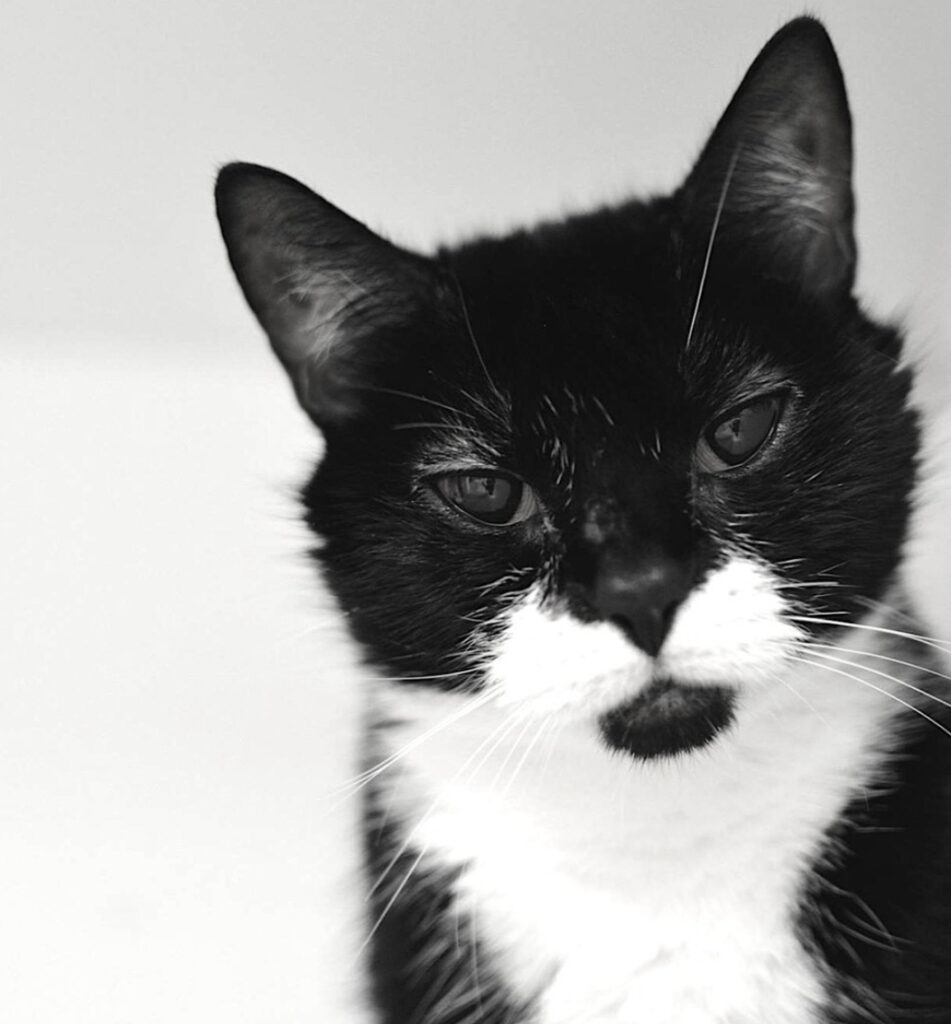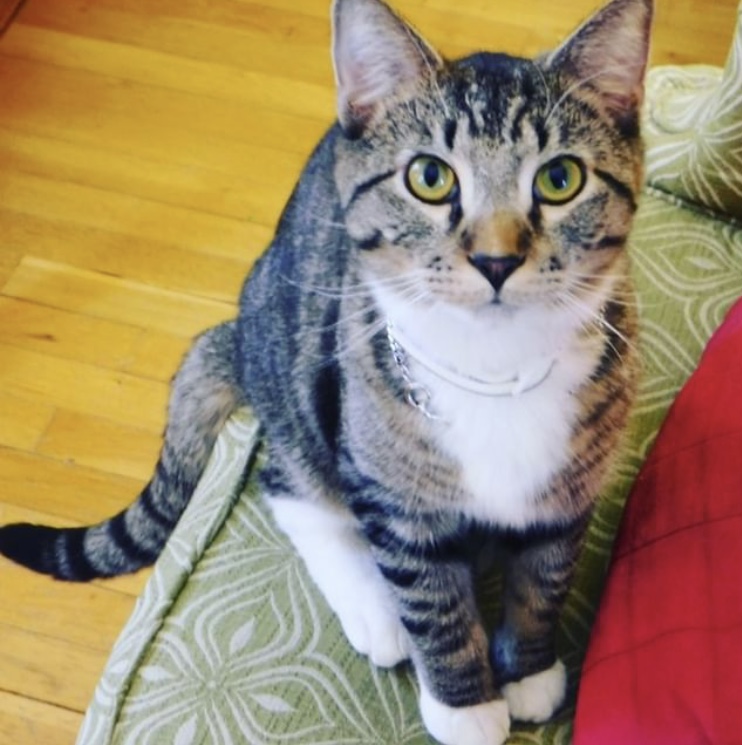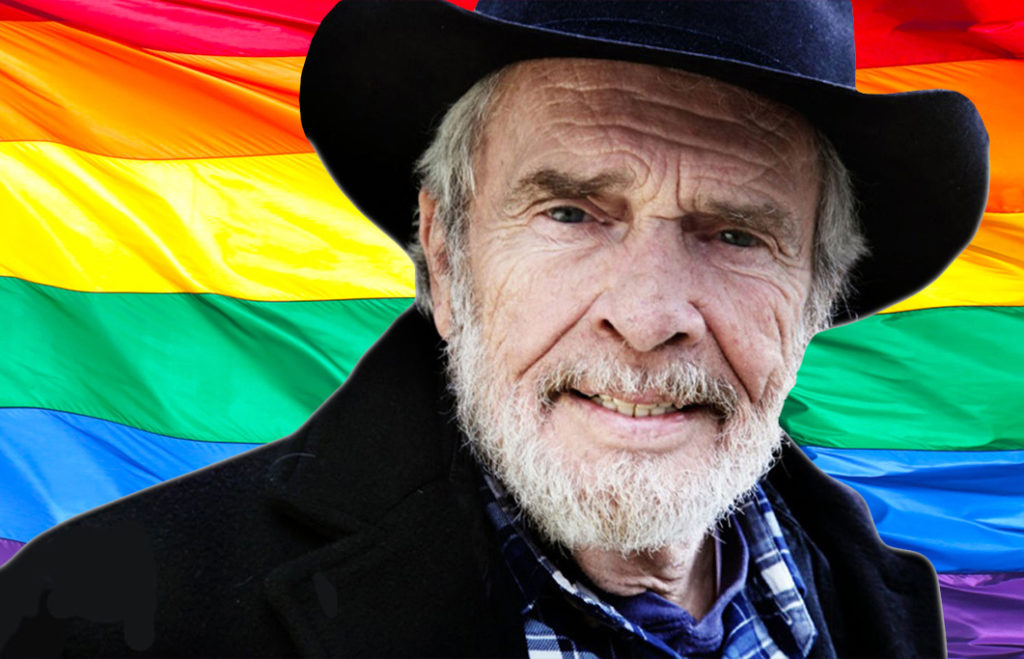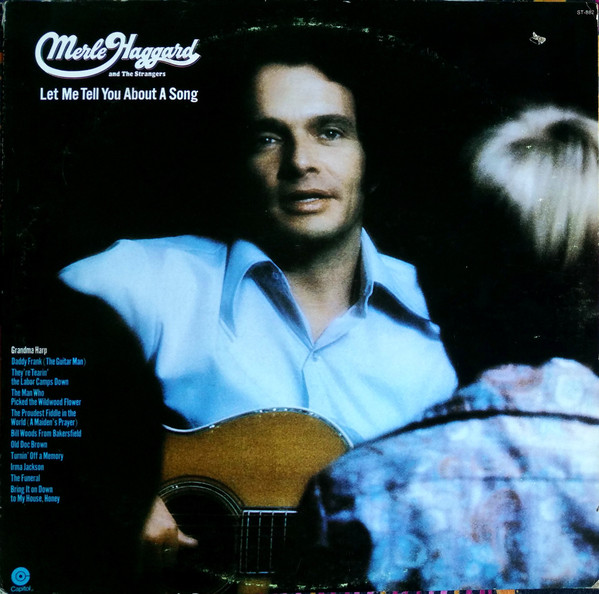It is with great sadness that I report the death of my cat, Ramona. She was a sweetheart and I miss her.
I got her from the animal shelter at the urging of my youngest children and she spent half her life with me.
It was a Christmas seven or eight years ago. My wife had moved about a few months prior and so I was alone much of the time. The kids were with me three days a week but the other four days were deathly quiet.

To fill the void, I talked to myself. I’d done that all of my life, but usually there was someone in the other room who’d ask, “Are you talking to me?”
After the separation, no one answered, yet I continued talking to myself.
The kids decided I needed someone or something to hear my yammering, so we went to the shelter right after Christmas.
I went into the cat room. There were several needy meowing cats, but I took to Ramona instantly. The shelter had given her a name, but I can’t remember what it was.
Compared to the other cats, she was quiet and mysterious.
She also was withdrawn, and beautiful. The vet tech got her out of the cage and set her on my lap. The kids and I petted her and made the decision quickly.
“The first couple days, maybe a week, expect her to hide,” the tech said. “This one is very skittish, very afraid of people. We think she suffered some trauma. We found her in a dumpster. But be patient. She will come around.”
They weren’t sure of her age, but estimated she was seven or eight years old. She ended up living with me for about the same amount of time. I’d guess she was 14.
To honor Bob Dylan, I named the cat after one of his songs. (Listen to “To Ramona” here.)
I brought her home and she was as advertised. She hid behind the couch.
But that night, after the kids left, I was reading in bed when I felt a slight movement on my mattress. I put my book aside and there she was. She camped out on my chest and her eyes told me she wanted petting.
It was smooth sailing from that point on.
She turned out to be the opposite of the tech’s expectation. Ramona rarely left my side when I was home, and she would root at my hands until she got the underside of her chin stroked.
Years passed. We eventually lived in three homes together. She survived the arrival of my son’s kitten, Carlos. He loved her and wanted to play with her, but Ramona would take none of his shit. She was the boss.

When she got sick earlier this year, I took her to a vet. She said there was an impacted and infected gland. She could offer a temporary fix, but it was likely she would die soon anyway.
A second vet told me the same thing. Think of her quality of life, the vet said, and they urged me to have her put down.
I couldn’t bring myself to do that. Maybe I was wrong.
But she was still Ramona.
At home, she could be her usual self, skittering around the house and challenging Carlos when he wanted to chase her.
But I could tell she was getting weaker.
The other night, still up at 2 a.m., I petted her and told her good night. When I got up at 6 the next morning (yes, I know I need more sleep), I found her dead.
She was a good cat and I miss her. I loved her and she loved me.
Rest in peace, Ramona.


